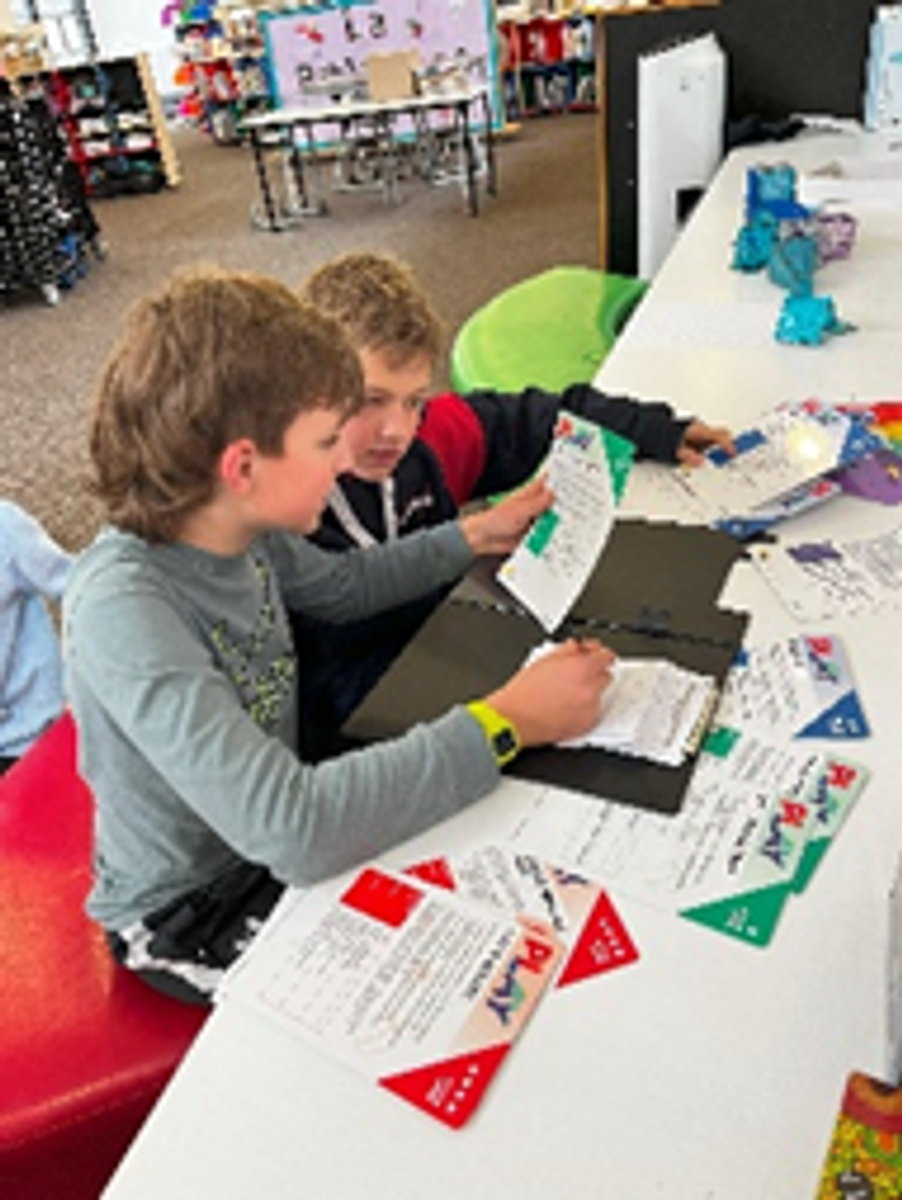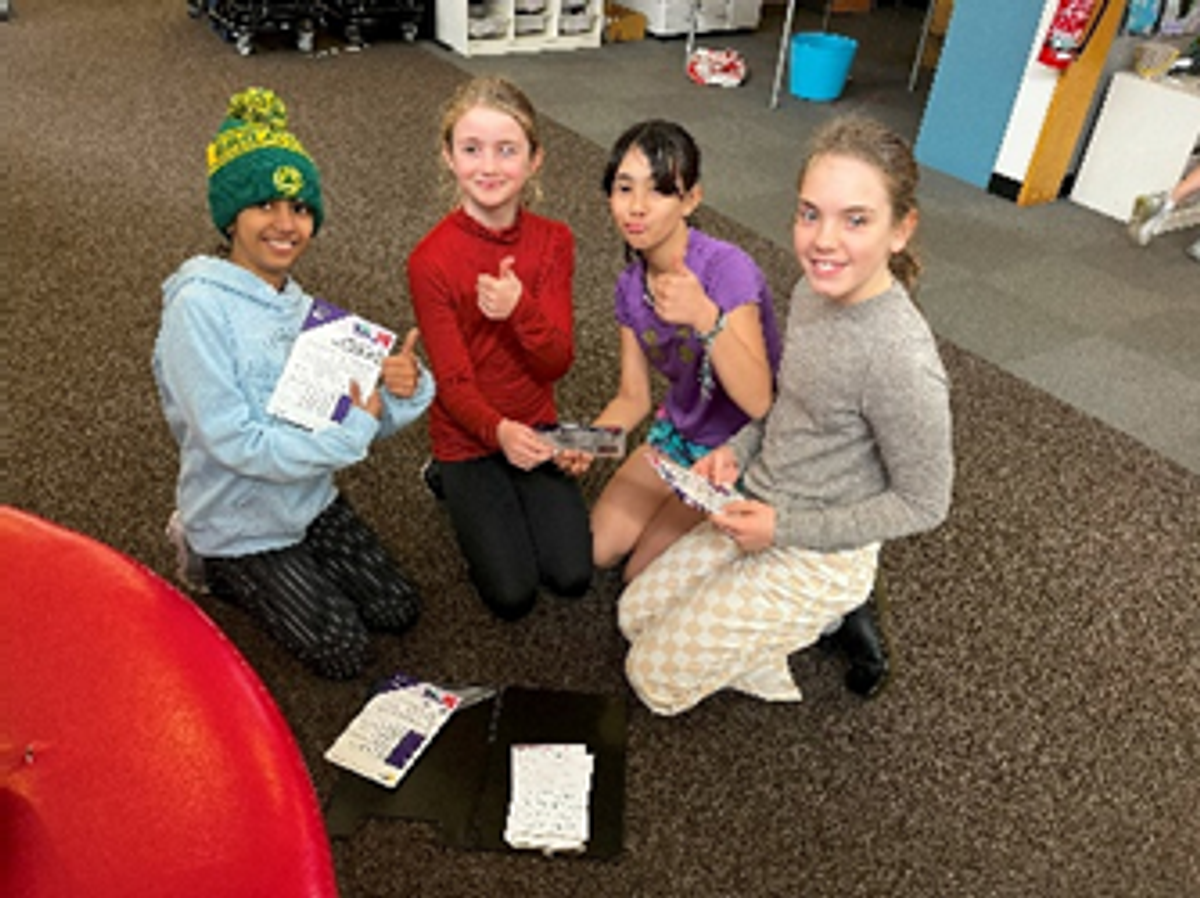Wellbeing Update
Here is a snapshot of some of the Wellbeing initiatives we are undertaking at SKiPPS this term.

Wellbeing Update
Here is a snapshot of some of the Wellbeing initiatives we are undertaking at SKiPPS this term.
After its success in the first semester, this week sees the return of the Play Leaders program. The 5/6 Leaders have been busy planning fun activities for the both F-2 and 3-6 and look forward to running their sessions each Wednesday and Thursday at Pranzo.




This year the National Day of Action will take place on Friday 18th of August. Teams will be planning and carrying out lessons on bullying and bullying prevention, with a particular focus on this year’s theme of ‘Growing Connections’. Our work will culminate in an assembly and whole school activities on the day of action.


This term sees our pilot program entering its first 5-week survey cycle. Classes within each level have been answering a small selection of questions each week, from which we are beginning to gather data and insights to help us better support individuals and groups of students.
Although it is very early in the process, one of the areas we are monitoring closely, is the data gathered on ‘sleep’; with many students reporting that they are not getting enough sleep or enough good quality sleep.
Pivot have provided schools with resources to support the various areas of wellbeing covered within the surveys. Here is what they have shared regarding the importance of sleep and its impact on our mental health and capacity for learning.
A good night’s sleep can have a hugely positive impact on a student’s mood and their learning outcomes. When students sleep well, they are better able to concentrate in their classes and retain new information. When students are tired, they will be less likely to focus and learn new information quickly and efficiently. Equally, when students do not sleep well, they are less likely to be able to consolidate and easily recall new information.
The recommended daily amount of sleep for adults is around 8 hours a night, but children and young people may need more. Experts suggest that 9-11 hours of sleep is best for 6-13 year olds, whilst for 14-17 year olds the optimum length of sleep is between 8-10 hours. Sleep allows our bodies and minds to rest and recharge. When students experience healthy sleeping patterns and good quality sleep, they are more likely to have healthy bodies, experience full cognitive function and have stable moods.
Without enough restful sleep, students may struggle to function properly. In these cases, concentration may be impaired, and it may be harder for students to retain memories and have clear thought processes. Quality is just as important as quantity when it comes to sleep for students. Evidence shows that good sleep routines can help sleep come more easily and can improve how well someone sleeps.
Good sleep routines include:
When we experience heightened emotions or high levels of stress during the day, this can have an impact on our ability to fall asleep and can also impact the quality of sleep that we experience. If we don’t sleep well, research shows that we are more likely to experience heightened emotions and become increasingly sensitive to stressful situations.
Sleep can impact our ability to regulate our behaviour. Poor sleep can impact how students perceive and judge the different situations that they find themselves in throughout the school day. If they find themselves in new or challenging situations, students who aren’t sleeping well may be less likely to assess these situations accurately.
This can result in students struggling to react with appropriate behaviours. For students, poor quality sleep or reduced sleep can result in a higher risk of anxiety, depression and aggressive behaviour in their learning environments.
FOR MORE:
If you would like to discuss any of the Wellbeing initiatives further, please do not hesitate to get in contact with me.
Mel Borella
Learning Specialist
(Wellbeing)